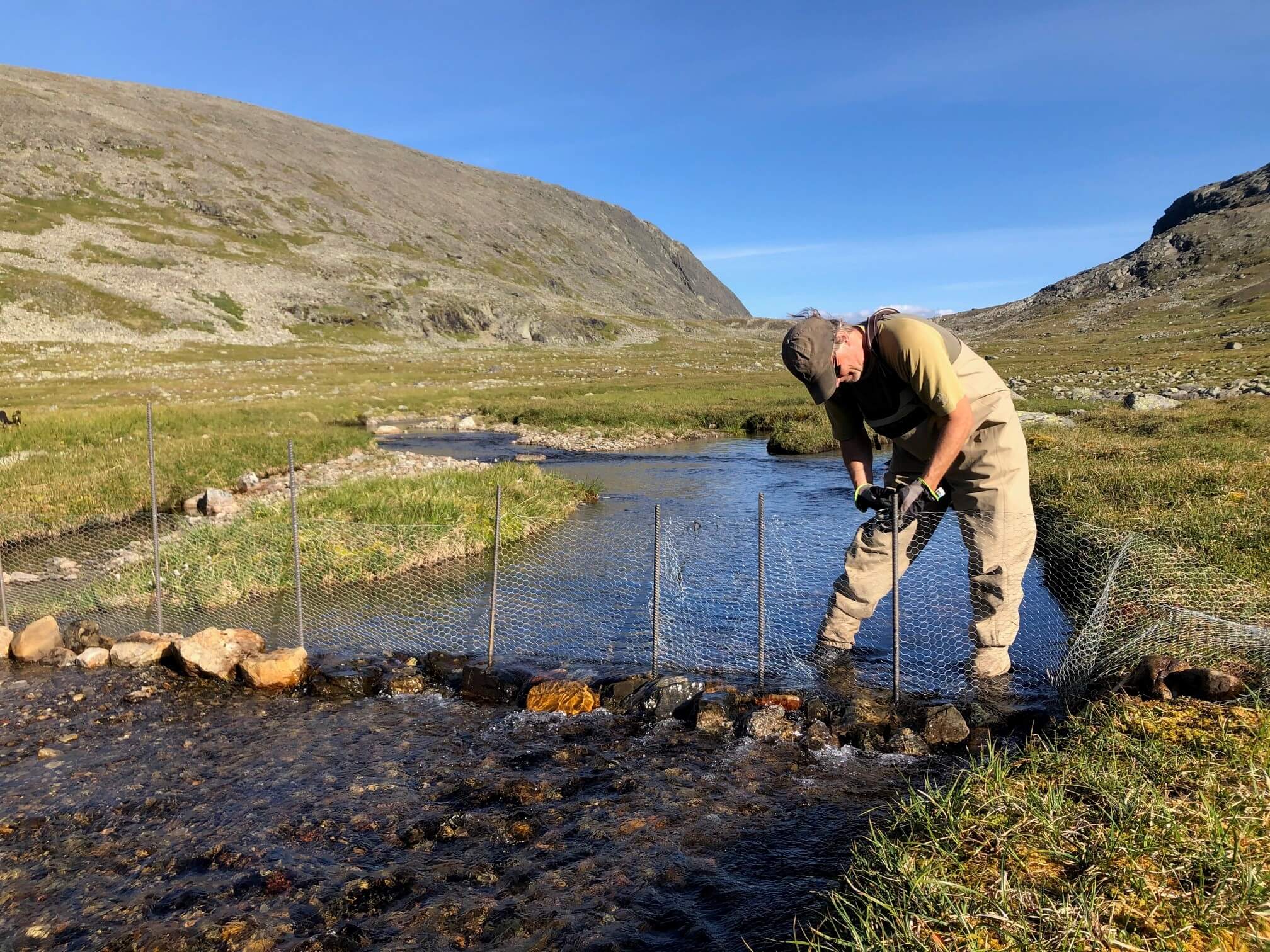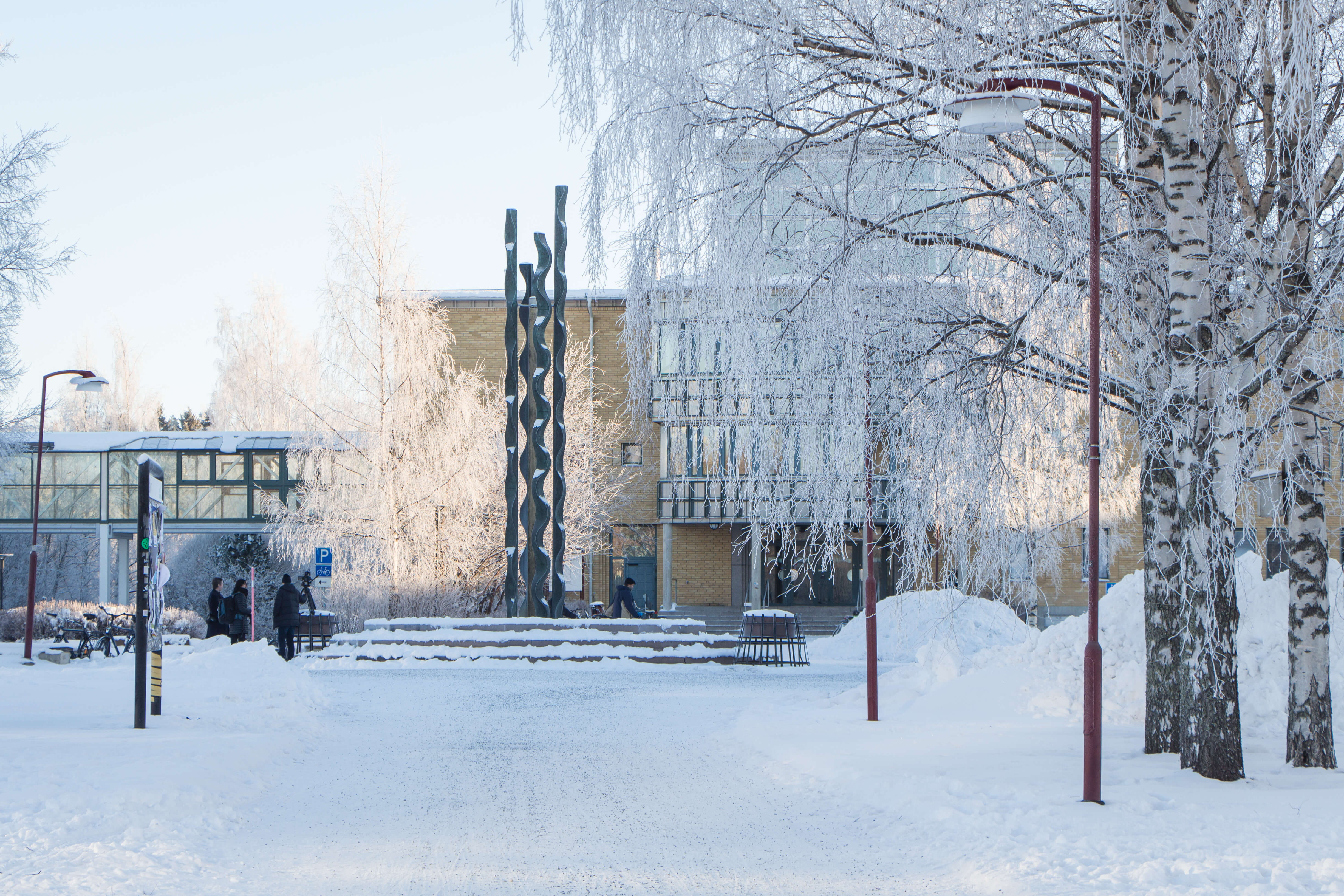If you’re aiming to explore sustainability thoroughly, where better to study it than in the world’s most sustainable country? Sweden’s ambitious and strategic goals in addressing climate change, which includes zero net emissions of greenhouse gases by 2045, has been an exemplary case study in climate change policies internationally. It’s hardly surprising then that Swedish universities are putting the sustainability agenda at the forefront of their research and development efforts.
At the northern region of the country stands Umeå University, an important institution that, since its founding in 1965, developed hand-in-hand with the city of Umeå. Surrounded by an abundance of nature close to the Arctic Region of Europe, the university is crucial in disseminating new knowledge in research covering everything from medicine, science and technology to the humanities.
Taking the future into the present
Fostering a knowledge-driven culture, sustainability permeates many aspects of programmes at Umeå University. Achieving the goal of embedding sustainable everyday practices in society starts with knowledge — and Umeå has it in spades. The programmes are designed to be cross-disciplinary to correspond with the multi-systems approach needed to find long-term solutions for the areas impacted by climate change and human development.
“Our society has to face and address a number of existing challenges and by educating and fostering the next generation of researchers we can prepare for challenges to come” says Mikael Elofsson, dean of the Faculty of Science and Technology. “It is clear that we have to merge capacities and competence from many disciplines to mitigate negative impact on our world as we know. Umeå University with its four faculties has the advantage of covering most disciplines in both teaching and education and is therefore in a prime position to take the lead towards a sustainable future.”
The Master’s Programme in Environmental Science at Umeå, for instance, focuses on sustainable development to equip students with critical thinking and practical skills to tackle current societal problems linked to environmental and sustainability issues. Through a challenge-driven pedagogy, students will face complex challenges in environmental science head-on in the form of projects and external collaborations.
“I have to ensure that the courses included in the programme are of a high quality and follow a ‘common thread’ that leads to a degree in environmental science. The most fulfilling thing about this is to be able to follow the students from day one and take part in their development until it is time for the final degree project,” says Tom Korsman, the Programme Director.
With more sectors adopting sustainability models to their practices, Korsman notes that there is a growing demand for experts who can push for that change. “In our external analysis of the labour market, both in the public and the private sector, we note that the labour market today is literally crying out for sustainability experts to meet these challenges in society.”
Due to its multidisciplinary approach, students may choose to broaden their learning scope to include courses in subjects such as earth sciences, water management, and environmental impact assessment. Problem-solving is a crucial component of the programme, where students are trained in risk analysis and the impact of environmental changes. Upon graduation, they can pursue careers as environmental strategists, consultants, work environment engineers, or sustainability coaches in different industries.

Souce: Umeå University
For those keen on exploring earth processes more comprehensively, the Master’s Programme in Earth Science provides students with a thorough understanding of environmental changes over the ages in different types of environments. Students will examine how human influences disrupt natural processes in hands-on field studies in the Northern landscapes that cover boreal and arctic habitats. This practical application helps develop skills that prepare students for complex research concerning the climate and environment.
With natural ecosystems under threat in a rapidly industrialised world, more experts are needed to connect the dots on how changes in different landscapes impact biodiversity. Umeå University’s two-year Master’s Programme in Ecology has a thorough focus on conservation, where you’ll learn about legislation and habitat management, on top of characterising ecological problems to plan and execute research on nature preservation.
If you’re keen on integrating sustainability into built environments, the university’s five-year undergraduate Architecture programme has a consistent focus on sustainability, filled with insights by instructors from all over the world. The programme is conducted entirely in English, where students learn about sustainability and resource awareness and experiment in full-scale construction.
The Umeå School of Architecture is equipped with a wood workshop, laser cutter, 3D printer and computer rooms. Students have their own workplace in the studio to experiment with sketching and designs in the process-oriented programme. Those wishing to advance their expertise further can enrol in the two-year Master’s Programme in Architecture and Urban Design, where they will be challenged to design alternative architectural proposals and strategies that can lead towards a more sustainable urban development practice.
The world is currently fraught with multiple challenges that require multiple specialties to imagine a better outcome for the future. Umeå University rises to the occasion by equipping graduates with up-to-date knowledge that fosters the development of new citizens that can design the best solutions for the future.
With 44 international programmes and 60 nationalities represented on campus, students at Umeå find that out-of-the-box thinking through diverse perspectives is the norm in every aspect of university life, whether within or outside of the classroom. To find out more about the programmes offered at Umeå University, click here.
Follow Umeå University on Facebook, Twitter, Instagram, YouTube and LinkedIn











